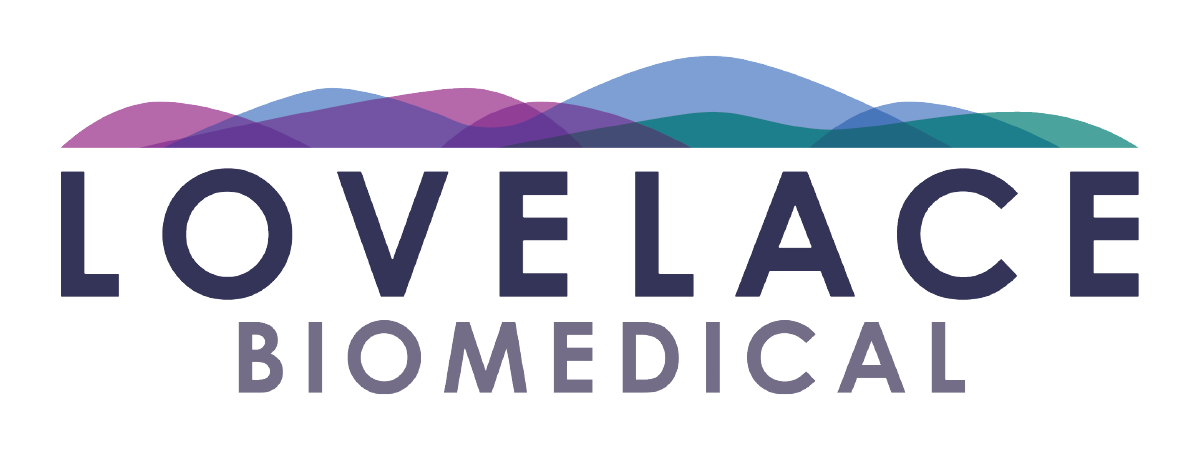
It was reinvigorating to get out from behind the desk, and out of the lab this past weekend to attend the 2019 NACFC in Nashville. First, a couple of admissions – I was only able to attend the last day and a half of the meeting, and this was my first time attending this one in particular. However, I was immediately reminded how much I enjoy this type of meeting. It was a truly collaborative forum that brought together scientists, clinicians, and caregivers. The breadth of the meeting program and the chance to meet with numerous colleagues that all share a passion for curing CF was really amazing.
The excitement was palpable surrounding this year’s meeting. Expectations were high as more positive results from the Vertex Trikafta (elexacaftor/tezacaftor/ivacaftor and ivacaftor) Phase 3 clinical trials were presented. The “Vertex Triple” therapy has the potential for treatment of up to 90% of the CF patient population and takes the potential benefit for CF patients to a new level. The trials looked at the efficacy and safety of Trikafta in patients with one copy of F508del and patients with two F508del mutations. The F508 del mutation is the most common gene mutation that causes Cystic Fibrosis, and results in a form of the CFTR protein that is misfolded and degrades prematurely. This results in the accumulation of thick sticky mucus that can lead to debilitating and life threatening lung infections and difficulty breathing. The results of the Phase 3 trials showed a 14% improvement in FEV1, a significant improvement in BMI, and significant decreases in sweat chloride concentrations and exacerbations.
With the results of Trikafta trials this will clearly set a new course for treatment of CF and institute new opportunities and challenges.
Ultimately the goal is still to find a cure, and there were many exciting approaches presented, many with the theme of restoring CFTR function via cell and gene therapy. These approaches will hopefully provide hope for those 10% of CF patients who will not respond to Trikafta due to the presence of different CFTR mutations.
I left the meeting with a great sense of a new horizon emerging in CF patient care.
– Ted Barrett, Senior Director of Pharmacology
See more on the 2019 NACFC:
https://www.nacfconference.org/About/
https://www.nejm.org/doi/full/10.1056/NEJMoa1908639
https://www.mrn.org/research/category/traumatic-brain-injury

